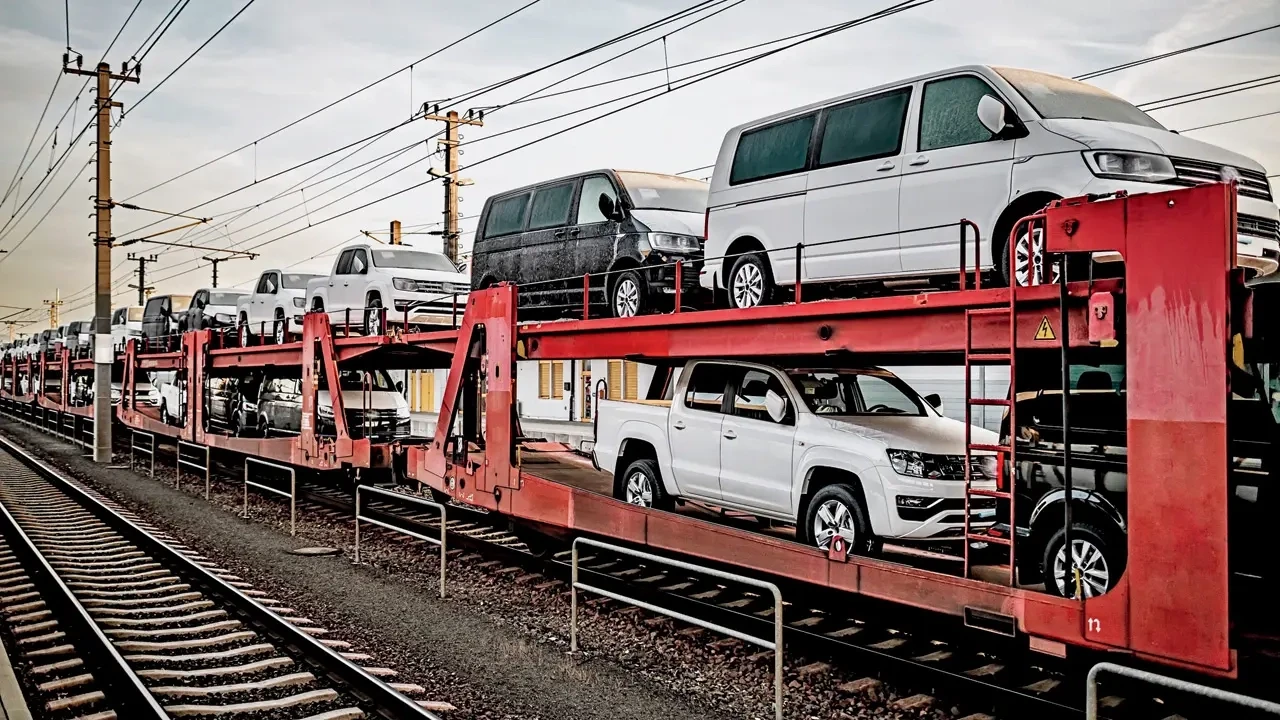The newly launched Roll-on/Roll-off (Ro-Ro) car ferry scheme has sparked significant debate among commuter associations, regular passengers, and transport activists.
Feedback has been mixed, with some suggesting improvements to make the scheme more appealing, others calling for a complete revamp, and a few demanding that the scheme be scrapped altogether due to its impracticality.
As first reported by mid-day, the Konkan Railway announced it will begin transporting private cars by train between Mumbai and Goa this Ganeshotsav. This marks the first time in India that such a service is being launched. According to mid-day’s report, on July 20 ‘This Ganeshotsav, go to Goa by car, on train,’ the service will begin on August 23, operating between Kolad (Maharashtra) and Verna (Goa). Cars will be transported by train, and up to three people per car will be allowed to travel in an attached 3AC coach after paying the applicable fare. Freight charges per car are fixed at Rs 7875 each way, with each train accommodating up to 40 cars.
“The first major issue is that the Konkan Railway is attempting to run the scheme using its existing ,” said commuter Rajesh Valmiki. “A Ro-Ro service for cars should start from a regular passenger station like Panvel in Maharashtra and have multiple boarding and exit points at intermediate stations. This would require specially designed rakes with rotating platforms to facilitate vehicle loading and unloading, along with the necessary infrastructure at these stations.
Akshay Mahapadi, secretary, Akhand Konkan Railway Pravasi Seva Samiti, Maharashtra
Currently, the service operates as an end-to-end route, similar to cargo trains, with no halts. So, someone heading to Konkan for Ganpati would still need to return all the way from Goa.” The typically sees a significant surge in passenger traffic. Adding a freight-heavy train to an already burdened route could cause delays and disrupt existing passenger services.
“The newly introduced Ro-Ro service fails to address the essential travel needs of Konkani families commuting between Mumbai and their hometowns,” said Siddhesh Desai of the Mumbai Rail Pravasi Sangh. “The service bypasses important Konkan belt stations like Chiplun, Ratnagiri, Kankavli, and Kudal. It needs to be redesigned to be more inclusive, appropriately routed, and economically viable for regular passengers. The current model seems designed for long-distance freight, not festive, home-bound travel for middle-class families,” he added.
“We recommend cancelling the current Ro-Ro car ferry service between Kolad and Verna for the Ganpati festival,” said Akshay Mahapadi, secretary of the Akhand Konkan Railway Pravasi Seva Samiti, “While the idea is innovative, the timing is poor and risks negatively impacting the travel plans of thousands of festive passengers. Instead, the same train path, crew, and operational capacity should be redirected toward running additional special passenger trains, which are urgently needed during this peak season,” he added.
Siddhesh Desai, Mumbai Rail Pravasi Sangh
“The 12-hour train journey offers no time advantage over the 10 to 12 hours it takes to drive during peak congestion. Add the mandatory three-hour reporting and loading period, and it becomes even more inconvenient,” he further stated. “The cost, Rs 7875 per vehicle plus individual passenger fares, is unaffordable for many families. The cap of just three passengers per vehicle is impractical, as most families travelling for Ganpati are larger. This forces extra members to make separate travel arrangements, defeating the purpose of the scheme.”
Service details
Departure: Kolad at 5 pm
Arrival: Verna at 5 am next day
Reporting Time: Passengers must report at by 2 pm (three hours before departure)
Capacity: 40 cars per trip
Rake Composition: 20 wagons, with two cars loaded per wagon
Cancellation: If bookings fall below 16 cars per trip, the service will be cancelled
Passenger travel
3AC Class: R935 per passenger (max two passengers per car)
Seating-cum-Luggage Rake (SLR): Rs 190 (one passenger per car)
